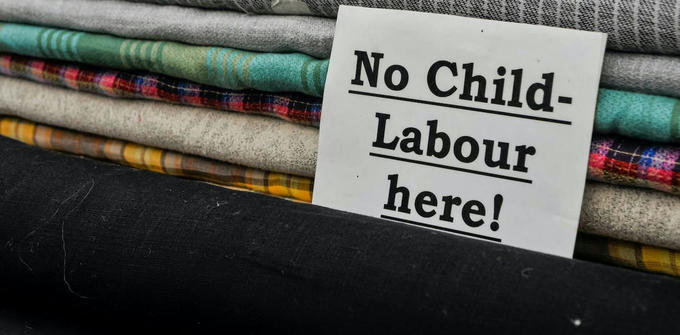
Some countries have legislation that attempts to dissuade some of the forms of slavery. However, only 24 of the 193 UN member states have provisions that address each form of exploitation, and only five have criminal provisions addressing each of the five international instruments for addressing human exploitation. Only two states in the world have criminal provisions in place for all practices of slavery.
In Canada, the third reading of Bill S-211—a supply chain transparency bill—recently took place in the Canadian House of Commons. While all speakers agreed that modern slavery needs to be fought, there is disagreement about what exactly should be included in the legislation and how far such legislation can go.
As a transparency bill, Bill S-211 has no criminal provisions and places the responsibility for ensuring there is no slavery present in supply chains on the companies themselves. The bill will do this by requiring companies to report on their policies and due diligence activities.
However, only government departments and publicly traded companies listed on the Canadian stock exchange that do business, have a place of business or have assets in Canada are required to report.
If slavery is discovered, companies must report on how they intend to eliminate it. Only companies that meet at least two of the following conditions will be required to do this reporting: having at least $20 million in assets, generating at least $40 million in revenue or employing an average of at least 250 employees.

About the Author

EcoVadis is a purpose-driven company dedicated to embedding sustainability intelligence into every business decision worldwide. With global, trusted and actionable ratings, businesses of all sizes rely on EcoVadis’ detailed insights to comply with ESG regulations, reduce GHG emissions, and improve the sustainability performance of their business and value chain across 220 industries in 180 countries. Leaders like Johnson & Johnson, L’Oréal, Unilever, Bridgestone, BASF and JPMorgan are among 150,000+ businesses that use EcoVadis ratings, risk, and carbon management tools and e-learning platform to accelerate their journey toward resilience, sustainable growth and positive impact worldwide.
Follow on Linkedin
Visit Website
More Content by EcoVadis EN
Follow on Twitter Follow on Linkedin Visit Website More Content by EcoVadis EN


